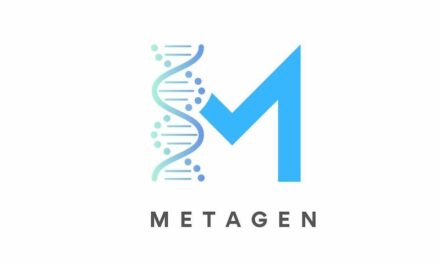A new diagnostic tool physicians can use to monitor patients for the most common form of ovarian cancer may soon be available in the United States.
Abbott‘s ARCHITECT HE4 assay uses a simple blood test to help in monitoring for the recurrence or progression of epithelial ovarian cancer. If approved, this important immunoassay would be the first automated HE4 test available in the United States.
The 2003 Hellstrom et al. study of known ovarian cancer biomarkers found that HE4, which has been detected in high levels in the blood of some ovarian cancer patients, shows the highest sensitivity and specificity of any other marker and is considered the best single marker for stage 1 of the disease.
According to the American Cancer Society, the five-year survival rate of ovarian cancer patients is 46 percent. However, when the disease is diagnosed and treated earlier, the survival rate increases to 93 percent. Less than 20 percent of all ovarian cancer is found in the early stage.
"The ability to monitor the recurrence or progression of ovarian cancer is a critical part of patient care. The ARCHITECT HE4 assay has the potential to be a powerful tool for both physicians and patients in the management of the disease," said Michael Warmuth, senior vice president, diagnostics, Abbott.
Abbott partnered with Fujirebio Diagnostics Inc. in the development of the assay. The ARCHITECT HE4 assay is approved for use in Europe, as well as in other countries in Asia Pacific and Latin America. It is currently an investigational device in the United States.
About ARCHITECT HE4 Assay
The ARCHITECT HE4 assay is designed to be used as an aid in monitoring recurrence or progressive disease in patients with epithelial ovarian cancer, and must be used in conjunction with other clinical data. The ARCHITECT HE4 assay should not be used as a cancer screening test. In addition, certain types of cancer (eg, mucinous or germ cell tumors) rarely express HE4, and the use of the ARCHITECT HE4 assay is not recommended for monitoring patients with those types of cancer.
Source: Abbott Diagnostics



